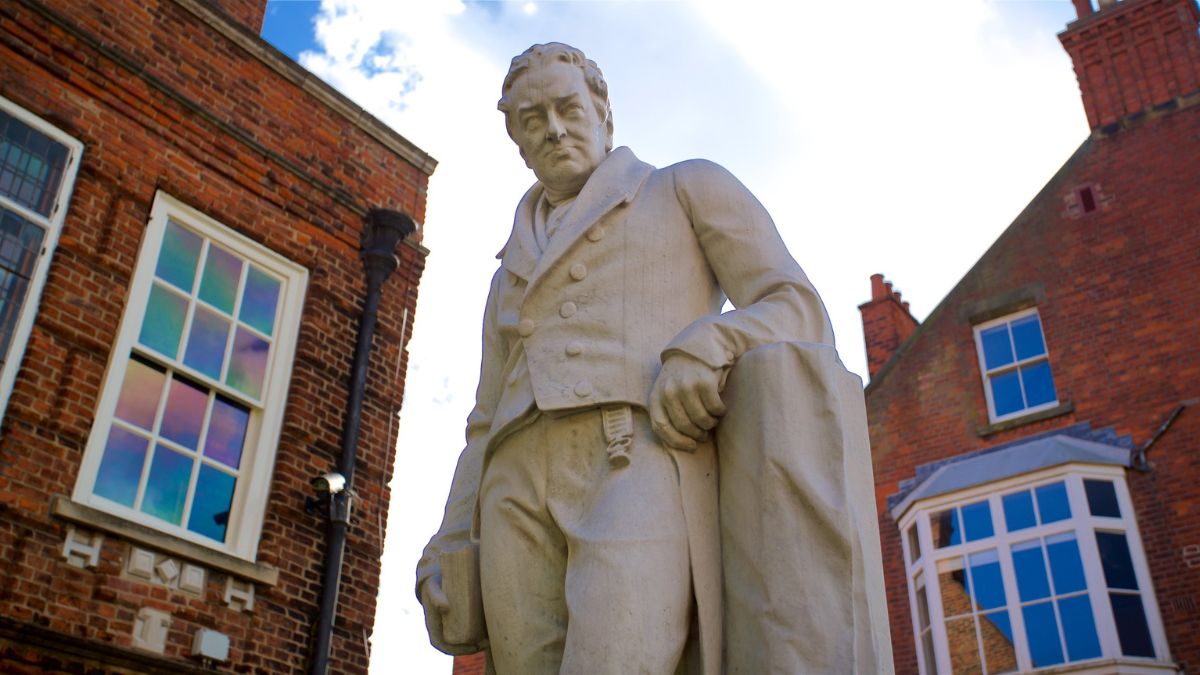

BreakPoint
Rediscovering the Philistines
In modern English, the word "Philistine" refers to an uncouth or uncultured person. The term is taken from the name of the people who were Israel's biggest rivals in the period between the Exodus and the reign of David. Until recently, many scholars doubted the existence of the Philistines. But, as with so much of the biblical text, the more the archeologists dig, the more they confirm the historical nature of the biblical narratives. As Jeffrey Sheler writes in his new book, Is the Bible True?, recent archaeological discoveries have not only proven the existence of the Philistines, they have also revealed much about how they lived. What's even more significant for the doubters is that much of what archaeologists have learned confirms what the Bible says about the Philistines. For instance, ancient Egyptian inscriptions indicated that the "Sea Peoples"—the ancient Near Eastern name for the Philistines—most likely came from the island of Crete. Well, the books of Deuteronomy and Jeremiah say that the Philistines were originally from the land of Caphtor. And, as Sheler points out, scholars now believe that "Caphtor" is another name for Crete. The Bible characterizes the Philistines as the best metal workers in the ancient Near East—so much so that they exercised a virtual monopoly in the sword-making trade. This characterization has been substantiated by the archaeological record. The record confirms both the Philistines' skills in metallurgy and the advantage that their superior weaponry gave them in their battles with the Israelites—just as 1 Samuel describes it. There is a remarkable consistency between what the Bible says about the Philistines and what archaeologists are finding. This consistency prompted William Dever of the University of Arizona to say "that all [the archaeological evidence] 'fits' the many biblical allusions so well... [and] shows that a post-exilic editor cannot simply have invented these passages, that they are genuinely archaic." In other words, archaeology is debunking the idea that books such as Judges and 1st Samuel were the products of some later writer's fertile imagination. The authors of these books weren't inventing some glorious past for Israel out of whole cloth. Instead, they were working with real history—oral and written. The narratives from the time of the Judges aren't the only ones being verified by archaeologists. So many recent finds have given credence to the biblical text that Biblical Archaeology Review suggests: "Biblical archaeologists have been... heavily criticized [for] being biased, for trying to prove the Bible." But that's not what's going on. The researchers are simply following where the evidence leads. Many people—Christians and non-Christians alike—seem to believe that science is the enemy of faith. But new discoveries in the Middle East show us that scientific knowledge, when it is simply testing facts, often buttresses faith. And that's something your neighbors need to learn about. Because, as it turns out, the real Philistines of our day are those who simply dismiss the Bible without looking at the facts.
03/20/00















